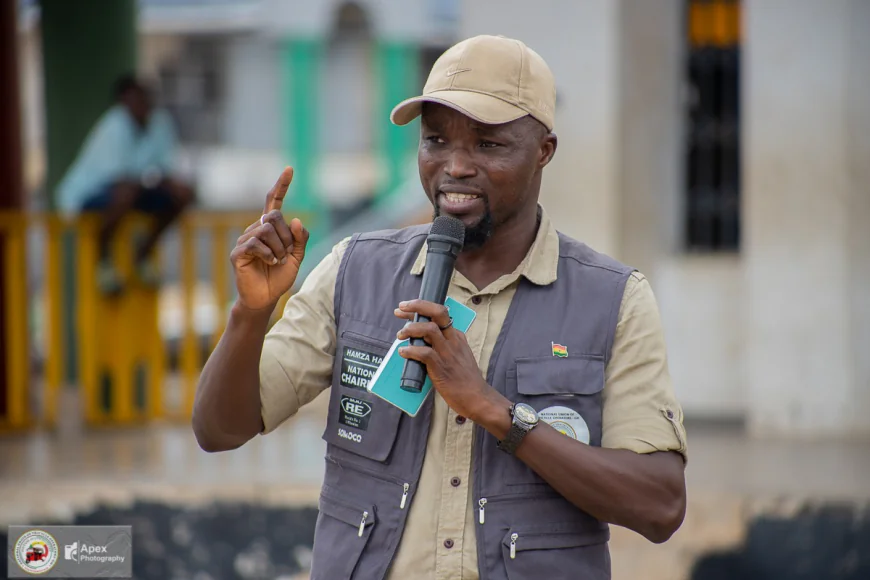Legalize Tricycles to Boost Ghana’s Economy – NUTOG Urges Government
The National Union of Tricycle Operators Ghana (NUTOG) calls on the government to legalize and regulate tricycle operations, highlighting benefits like job creation, reduced congestion, and economic growth.

The National Union of Tricycle Operators Ghana (NUTOG) is calling on the government to urgently legalize and regulate the operations of tricycles, popularly known as "yello yelo," "mahama canboo," or "pragya."
Tricycles have become a common and essential mode of transportation, especially in rural and underserved communities, offering affordable options for moving both people and goods in areas with poor road infrastructure.
Economic Potential of Tricycles
In an interview with Evans Kweku Oboafi Junior, the Chairman of NUTOG, Mr. Hamza Hafiz, outlined key economic benefits Ghana could harness if tricycles are legalized and properly regulated:
-
Increased Mobility: Offers accessible and cost-effective transportation in areas where taxis or buses are limited.
-
Job Creation: Empowers thousands of operators, mechanics, and parts dealers with employment opportunities.
-
Reduced Traffic Congestion: Offers an alternative to cars and buses in crowded urban centers.
-
Improved Accessibility: Reaches remote areas where larger vehicles cannot access.
-
Income Generation: Helps operators earn daily income while stimulating local economies.
-
Contribution to GDP: Adds value through the sale, repair, and maintenance of tricycles.
-
Boost in Local Economic Activity: Enhances the movement of goods and services within communities.
-
Lower Transportation Costs: Offers cheaper options for both citizens and small businesses.
Mr. Hafiz emphasized that legalization could revolutionize Ghana's informal transport sector, positioning it as a major contributor to national development.
Challenges and Considerations
Despite the benefits, Mr. Hafiz acknowledged that certain measures must be in place to ensure the success of this initiative:
-
Regulation and Safety: The government must implement clear rules, safety standards, and training programs to prevent accidents.
-
Infrastructure Development: Adequate roads, parking spaces, and designated lanes must be developed to accommodate tricycles safely.
-
Environmental Concerns: Policies must address fuel emissions, disposal of used spare parts, and overall environmental sustainability.
A Call for National Support
Mr. Hafiz concluded by urging the general public, policymakers, and stakeholders to support NUTOG's advocacy. He believes that with the right policies, Ghana can fully tap into the tricycle industry's potential to boost transportation, reduce unemployment, and stimulate sustainable economic growth.
“Let’s come together as a nation to recognize and regulate this growing sector. Legalizing tricycles is not just a transport issue—it’s an economic opportunity,” Mr. Hafiz said.
Story by: Evans Kweku Oboafi Junior (HARDROCK)



 Evans Kweku Oboafi Junior HARDROCK
Evans Kweku Oboafi Junior HARDROCK